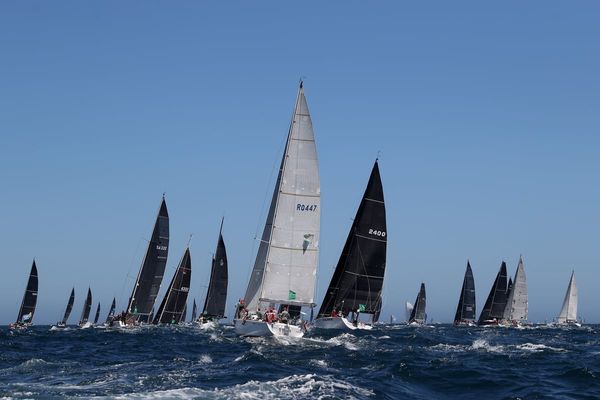
“We shall fight on the beaches, we shall fight on the landing grounds, we shall fight in the fields and in the streets, we shall fight in the hills; we shall never surrender.”
So spoke Winston Churchill to the House of Commons on June 4, 1940. It is his most renowned oration. Ukraine’s President Volodymyr Zelenskyy echoed Churchill’s sentiments when he addressed the Commons in early March.
Churchill’s fighting words are said to have rallied Britons’ spirits and girded their resolve for the imminent Nazi onslaught. No doubt you have heard the speech yourself. Except you haven’t. The speech was never broadcast. It was not recorded in Parliament, nor transmitted live to the nation, as no equipment was installed to capture it.
Unlike some of his other wartime speeches that were taped after delivery in a BBC studio, this one was not repeated until Churchill recorded it for posterity in 1949, long after the war had ended. This is what you have heard.
Reaction to the speech was tempered. Many of Churchill’s Conservative Party colleagues sat sullen behind him. They feared he was a reckless warmonger who would lead the United Kingdom to its doom. Only two newspapers saw fit to lead their headlines with coverage of his remarks. And since no British citizen heard the words, they could hardly have been inspired by his soaring rhetoric.
On Saturday US President Joe Biden gave a speech in Warsaw. In opening he reiterated a constant refrain of Pope John Paul II, the first Polish pope: “Be not afraid.” He reminded the world that John Paul had carried that message into the heart of communist Europe in 1979, when he returned to his homeland and helped galvanise the Solidarity movement.
Biden recalled a time when “the Soviet Union ruled with an iron fist behind an Iron Curtain”, harking back to Churchill’s famous delineation between freedom and tyranny. He told the crowd, and the world, that we confront such a challenge once again: “A battle between democracy and autocracy, between liberty and repression, between a rules-based order and one governed by brute force.” He steeled listeners that “this battle will not be won in days or months either”. He signalled unified NATO determination to stand with Ukraine. And he spoke directly to the Russian people, telling them: “You, the Russian people, are not our enemy.”
But gotcha journalists who are to news what instant noodles are to cuisine instead latched on to nine words at the tail of Biden’s address: “For God’s sake, this man cannot remain in power.”
What did he mean? Was it a gaffe? Did it signal a pivot in US policy in favour of regime change in Russia? The White House clarifying his comments only magnified the media frenzy.
And they wonder why navigating a conflict with a revanchist megalomaniac without escalating to global thermonuclear war is a delicate task.
Lost in their babble was the larger context of Biden’s message, both in diplomatic and historical terms. His address emulated previous landmark speeches during the Cold War. In 1963 John F Kennedy travelled to West Berlin after the Berlin Wall was erected to declare: “As a free man, I take pride in the words ‘Ich bin ein Berliner!’ “ In 1987 Ronald Reagan followed in his footsteps by demanding at the Brandenburg Gate: “Mr Gorbachev, tear down this wall.”
Such speeches were more than hollow gestures in the face of oppression. They were milestones of hope, courage, resilience and resistance. Their ideals resonated throughout the repressed populations of the Warsaw Pact. Eventually they won out.
Aside from this, Biden’s closing quip is self-evident. He said what we all know. Enduring peace is not possible while an aggressive dictator lurks nearby. This is a lesson that Europe has been forced to reckon with repeatedly. However the war in Ukraine ends, Russia will remain a threat as long as Putin sits in the Kremlin.
What marks a speech for posterity is often not recognised by initial impressions. The Gettysburg Address is among the greatest ever given, yet London’s The Times reported it as “ludicrous by some of the luckless sallies of that President Lincoln”. Shows what they knew. Lincoln himself was grateful his discourse wasn’t a “total failure”.
What matters most about Biden’s speech is its symbolism, its historical rhyme, and its steadfast commitment to crush Putin’s aggression. That is a message that Churchill would surely have applauded.







